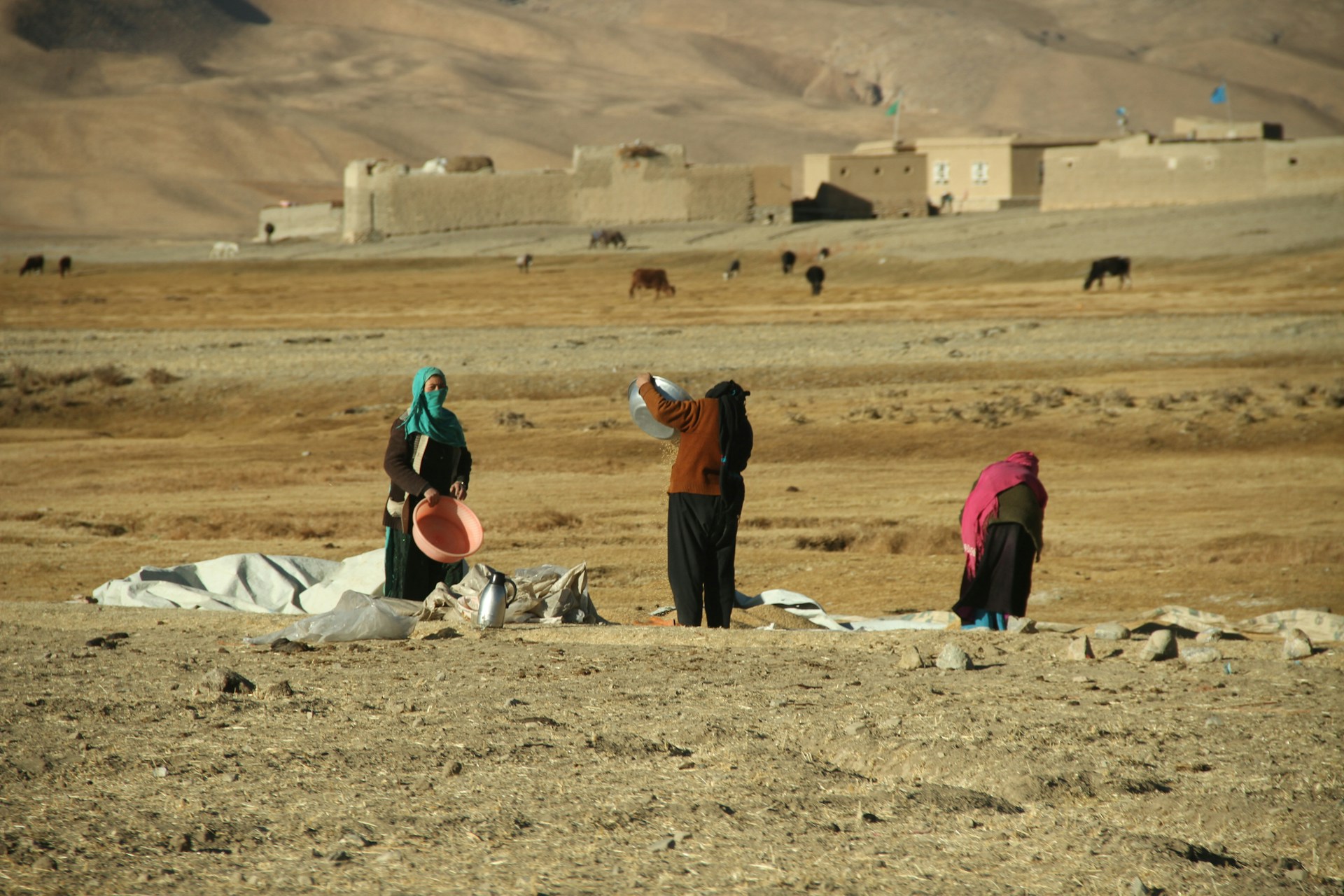Modern technologies, particularly in the fields of energy, agriculture, and communications, play a crucial role in advancing sustainable development. In recent decades, the pace of technological progress has increased at an unprecedented rate. From renewable energy to artificial intelligence, each innovation brings both opportunities and challenges for societies. This article examines the economic, social, and environmental impacts of these technologies on sustainable development and offers examples of successful projects, along with strategies for their optimal use.
Technology and the Economic Dimension of Sustainable Development
- Creating new job opportunities in emerging industries.
- Improving productivity and reducing costs through automation and innovation.
- Expanding international markets via digital trade and e-commerce.
Technology and the Social Dimension of Sustainable Development
- Enhancing access to education and healthcare through online platforms.
- Reducing social inequality by using digital tools for marginalized groups.
- Increasing citizen participation in policy-making through digital governance systems.
Technology and the Environmental Dimension of Sustainable Development
- Utilizing clean energy sources such as solar and wind power.
- Reducing greenhouse gas emissions through energy efficiency and smart grids.
- Developing intelligent resource management systems to protect natural ecosystems.
Conclusion
Modern technologies provide powerful tools to achieve sustainable development goals. However, their successful integration requires smart policymaking, targeted investment, and strong international cooperation. By aligning innovation with sustainability principles, societies can foster economic growth, social equity, and environmental protection simultaneously.


